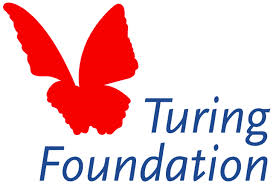This study aims to investigate the effect of Mycobacterium indicus pranii (MIP) vaccine on appropriate cell lines as well as individual immune cell population.
Molecular Mechanisms of Immunomodulation Imparted by Mycobacterium indicus pranii (MIP) vaccine against multibacillary leprosy
Project coordination
Partners
- The Maharaja Sayajirao University of Baroda, Vadodara, Gujarat, India
Project summary
Multibacillary (MB) leprosy is a form of leprosy in which most patients have a high bacillary load, which can contribute to further transmission. Treating these patients with MDT can help in curing leprosy, but it doesn't protect them from re-infection.
It has been shown that when given in conjunction with MDT, the Mycobacterium indicus pranii (MIP) vaccine is able to modulate the immune response (immunomodulation) how to respond to M. leprae. It helps in containment of the leprosy bacilli by arranging immune cells around M. leprae, checking their multiplication, and eventually fighting them off in most of the cases.
While it is known that there is an improvement in treatment outcome in the patients when MIP is given along with MDT, the mechanisms behind it are not known. Previous studies in tuberculosis didn't show any significant differences between MIP vaccinated and a non-vaccinated group of people due to high level of heterogeneity. The heterogeneity is most likely coming from the heterogeneous mix of various cell types in whole blood or PBMC samples, as different types of cells perform different roles.
The research groups aims to address this inherent limitation by quantitative analysis of characteristic immune cell markers. They will do this by using Flow Cytometry and analyse the response to M. leprae antigen by stimulating with leprosy bacilli antigens. They intend to perform this investigation by separating different population of the immune cells using antibodies (immunoseparation), and perform RNA-Sequencing to know differential signature of gene expression in vaccinated and non-vaccinated group of patients in conjunction with MDT.
Co-financer: Turing Foundation

